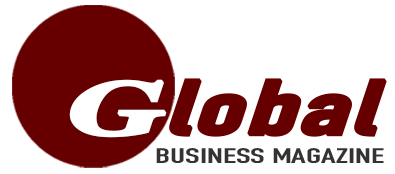
South Korea’s central bank cut its policy interest rate by 25 basis points Thursday as the country faces a double-whammy of protracted political turmoil and Trump’s sweeping tariffs.
The Bank of Korea reduced rates to 2.5% from 2.75%, its lowest level since August 2022, in line with expectations among economists polled by Reuters. That marked the central bank’s fourth cut in the last six meetings.
The quarter-percentage rate cut came as the country continued to grapple with heightened political uncertainty following the botched attempt by former leader Yoon Suk Yeol to impose martial law in December.
South Korea was slapped with 25% reciprocal tariffs by the Trump administration, which were later suspended for 90 days. South Korean leaders are racing to strike a deal with the U.S. government before the July 8 deadline.
Both sides have stated that they aimed to agree on a package on tariffs and economic cooperation by then, but the South Korean minister for trade and industry said recently there was not enough time, and the upcoming election could delay it further.
South Koreans will head to the polls on June 3 to elect the next president. The snap election was called after Yeol was impeached as president and removed from office.
South Korea’s GDP growth unexpectedly contracted in the first quarter, shrinking 0.1% from a year earlier, according to advance estimates released last month. That marked its first contraction since the fourth quarter of 2020.
The BOK monetary policy board attributed the rate cut decision to its expectations that economic growth will “decline considerably” while inflation remains “broadly stable,” according to its statement.
“The board will maintain its rate cut stance to mitigate downside risks to economic growth and adjust the timing and pace of any further base rate cuts while closely monitoring changes in the domestic and external policy environment,” the statement said.
The central bank also slashed its full-year GDP forecast for 2025 to just 0.8%, considerably lower than the previous projection of 1.5%.
The election of a new president next week should lead to the introduction of “much-needed fiscal stimulus,” Gareth Leather, senior Asia economist at Capital Economics, said in a note, anticipating consumer spending to pick up.
Still, that boost may not be sufficient to offset the slump in the property sector and disruption in exports, dragging the full-year GDP growth to just 0.5%, Leather estimated.
The country’s Kospi stock index jumped 1.25% after the announcement, while the South Korean won weakened 0.71%, last trading at 1383.40 against the greenback.
By CNBC
